Optimal Timing for Septic System Replacement
Septic system replacements are most effective when performed during periods of low usage or favorable weather conditions, typically in late summer or early fall. Proper timing ensures minimal disruption to property operations and allows for optimal installation conditions.
Replacing a septic system during dry months reduces the risk of soil saturation, which can hinder installation and proper functioning.
Older systems showing signs of failure, such as backups or odors, may require replacement regardless of season, but scheduling during optimal weather can improve success.
Local regulations may specify preferred seasons for replacements to ensure compliance and minimize environmental impact.
Avoiding winter and heavy rain periods helps prevent delays and complications during excavation and installation.
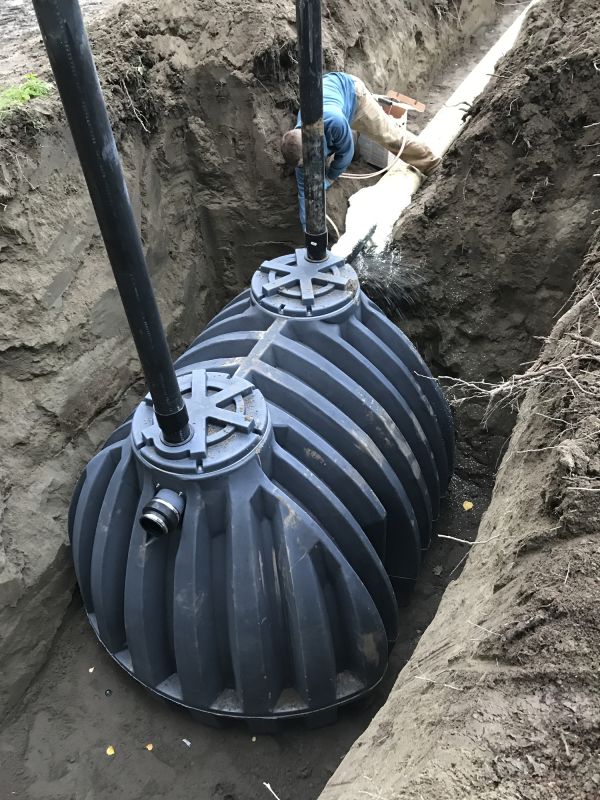
Optimal weather conditions facilitate efficient installation and curing.
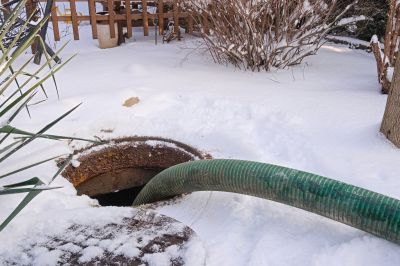
Favorable soil conditions allow for effective system setup before winter.
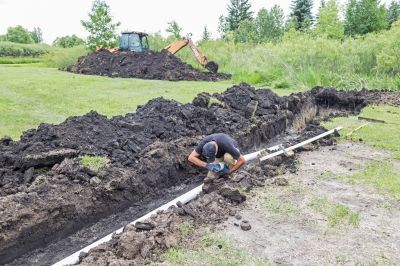
Early spring can be suitable if soil is dry enough for excavation.
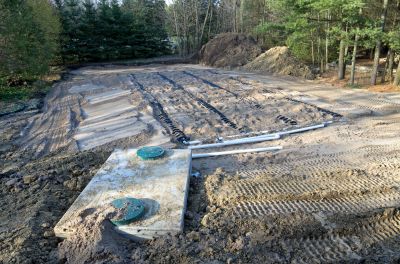
Heavy snow and frozen ground can delay or complicate replacement efforts.
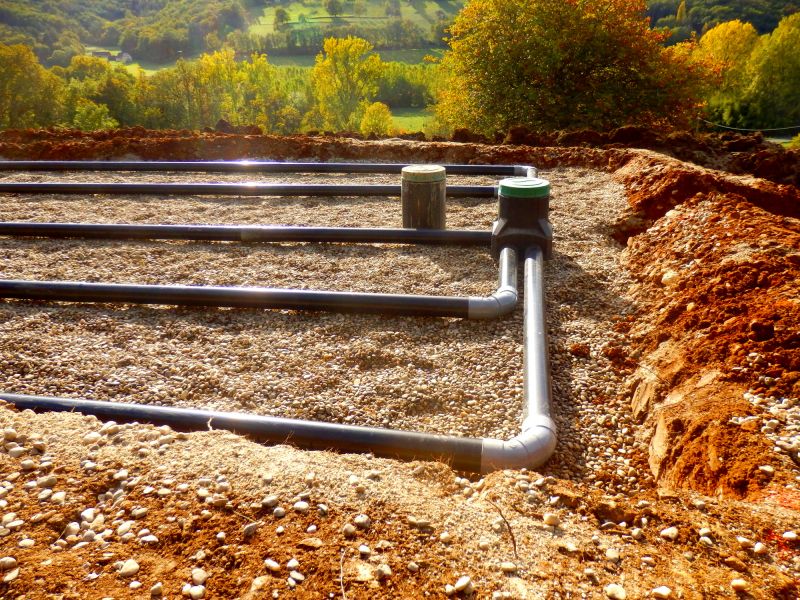
Heavy rain can cause delays and soil instability, affecting replacement schedules.
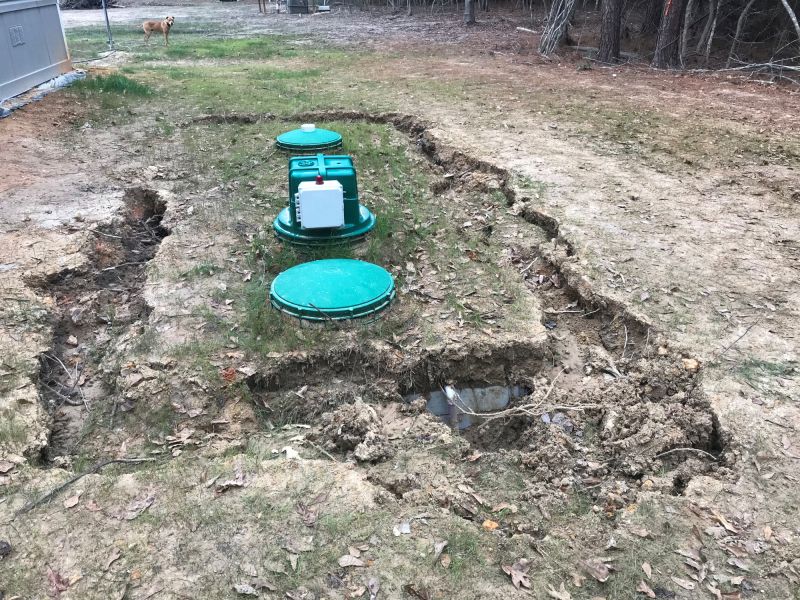
Scheduling during low-occupancy times reduces disruption.
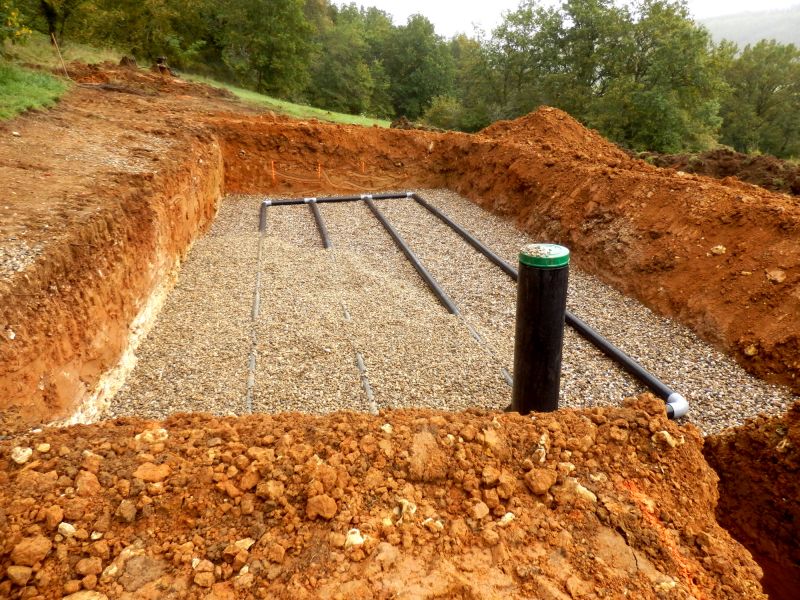
Well-drained soil in dry seasons supports better installation outcomes.
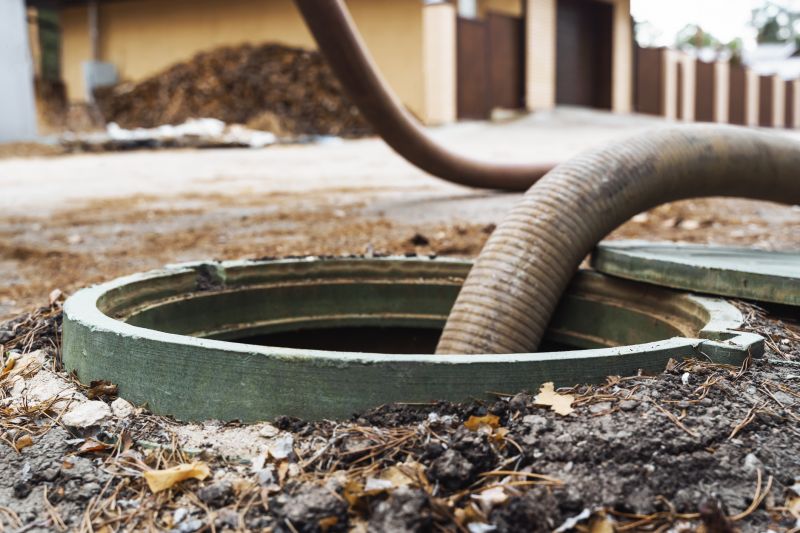
Some jurisdictions recommend specific seasons for septic work to ensure compliance.
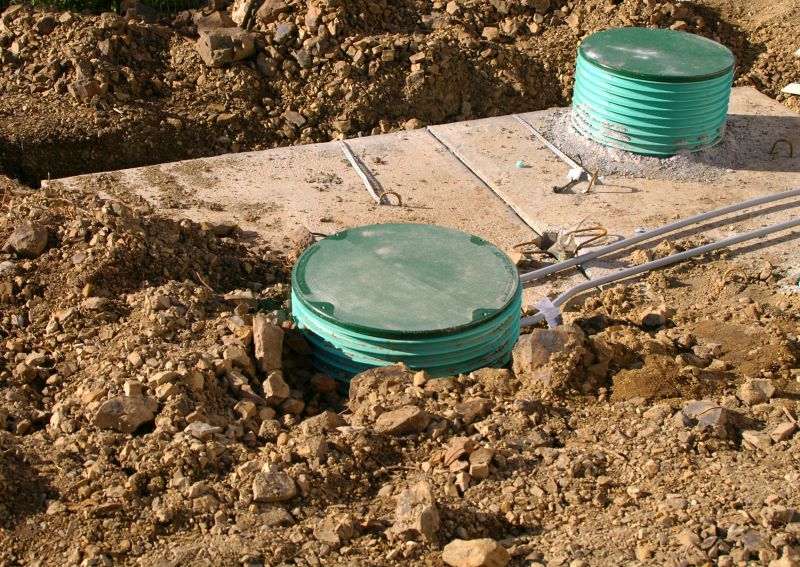
Timing replacements to avoid rainy seasons minimizes environmental impact.
| Season | Ideal Conditions |
|---|---|
| Spring | Dry soil, moderate temperatures, early in the season |
| Summer | Warm, dry weather, minimal rainfall |
| Fall | Post-summer dryness, before winter onset |
| Winter | Generally not recommended due to frozen ground and weather delays |
Septic system replacements involve removing existing components and installing new systems designed to handle current usage demands. Proper timing is crucial to ensure soil conditions are suitable for excavation and to prevent delays caused by adverse weather. A well-timed replacement can extend the lifespan of the system, improve efficiency, and reduce future maintenance needs.
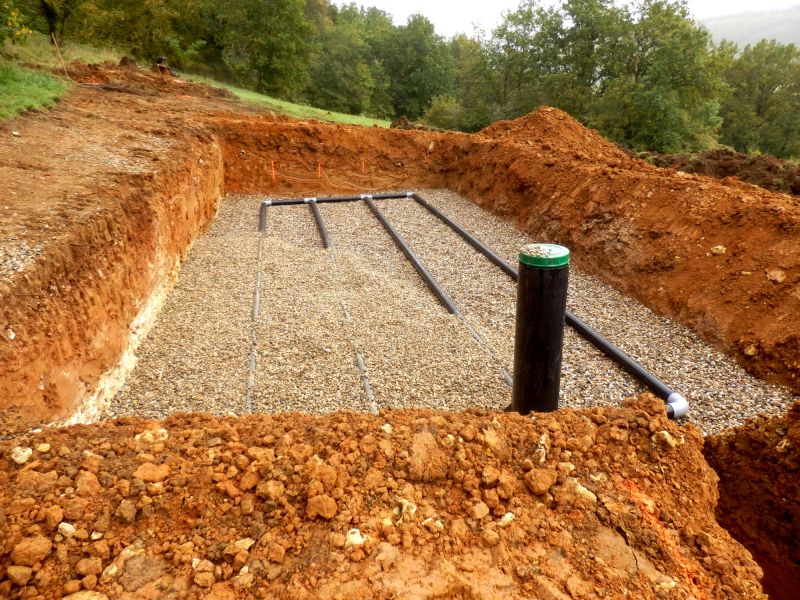
Facilitates easier digging and soil stability.
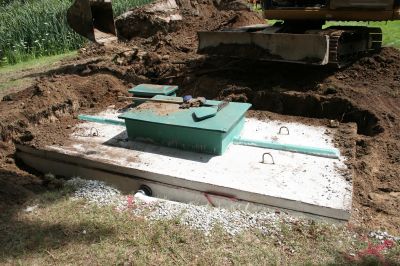
Optimal weather supports proper setup and curing.
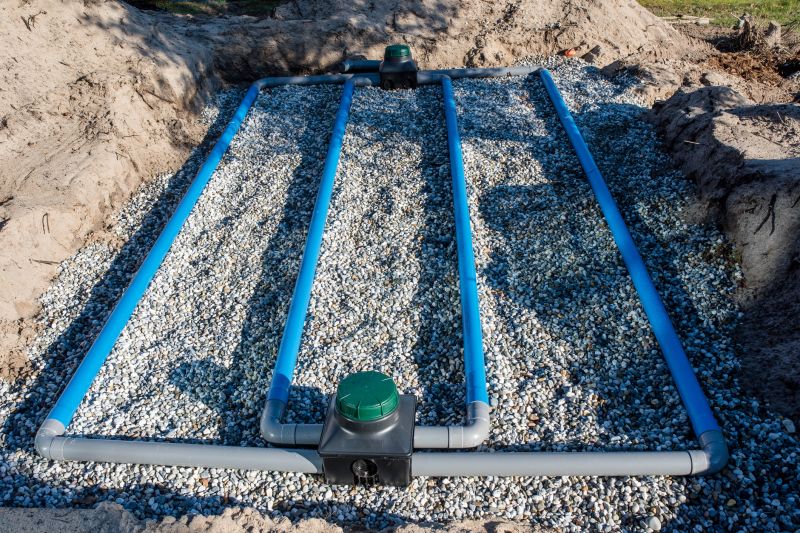
Best performed when soil is dry to prevent settling issues.
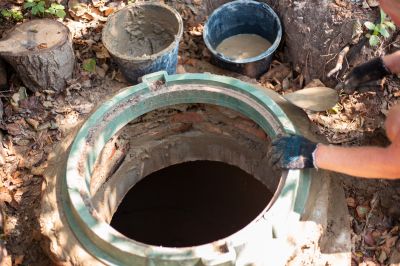
Weather conditions influence the quality of final checks.
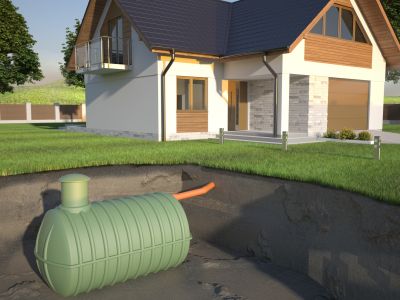
Ways to make Septic System Replacements work in tight or awkward layouts.
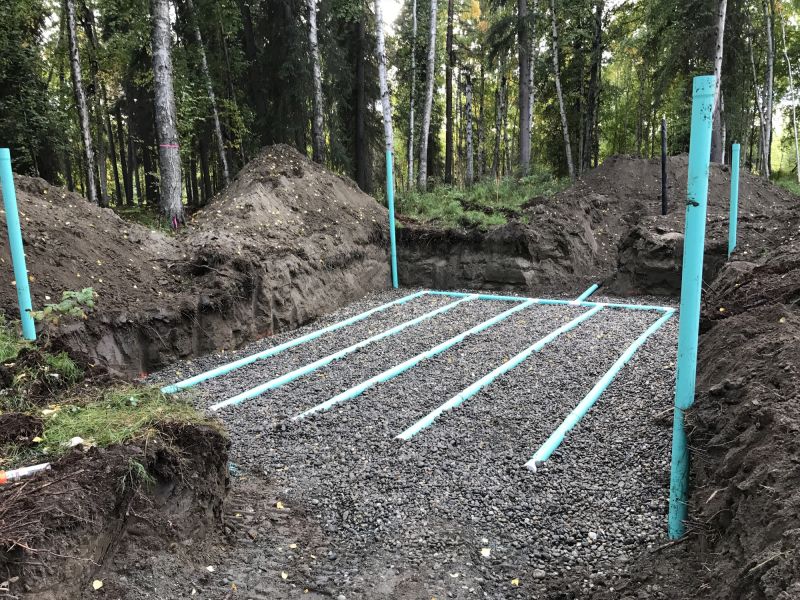
Popular materials for Septic System Replacements and why they hold up over time.
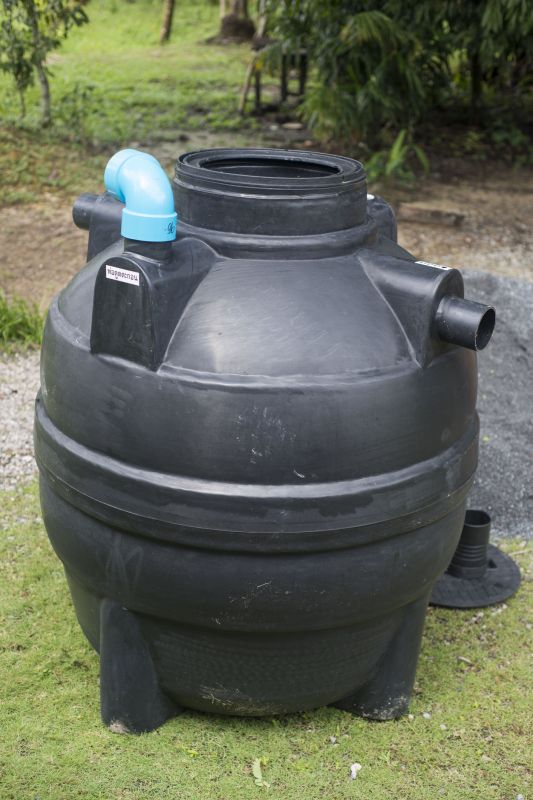
Simple add-ons that improve Septic System Replacements without blowing the budget.
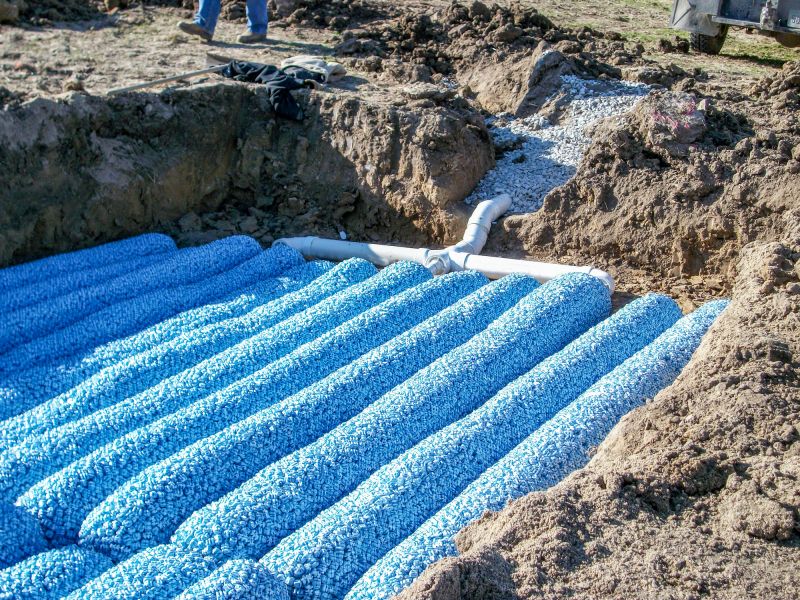
High-end options that actually feel worth it for Septic System Replacements.
Timely replacement of septic systems is essential for maintaining proper sanitation and preventing costly repairs. Recognizing seasonal factors and soil conditions can significantly impact the success of the installation process. Consulting with a professional can help determine the most appropriate time for replacement based on local climate and property specifics.
Individuals interested in septic system replacements are encouraged to contact for further information and scheduling assistance. Proper planning and timing can ensure a smooth and efficient replacement process, safeguarding property value and health standards.
